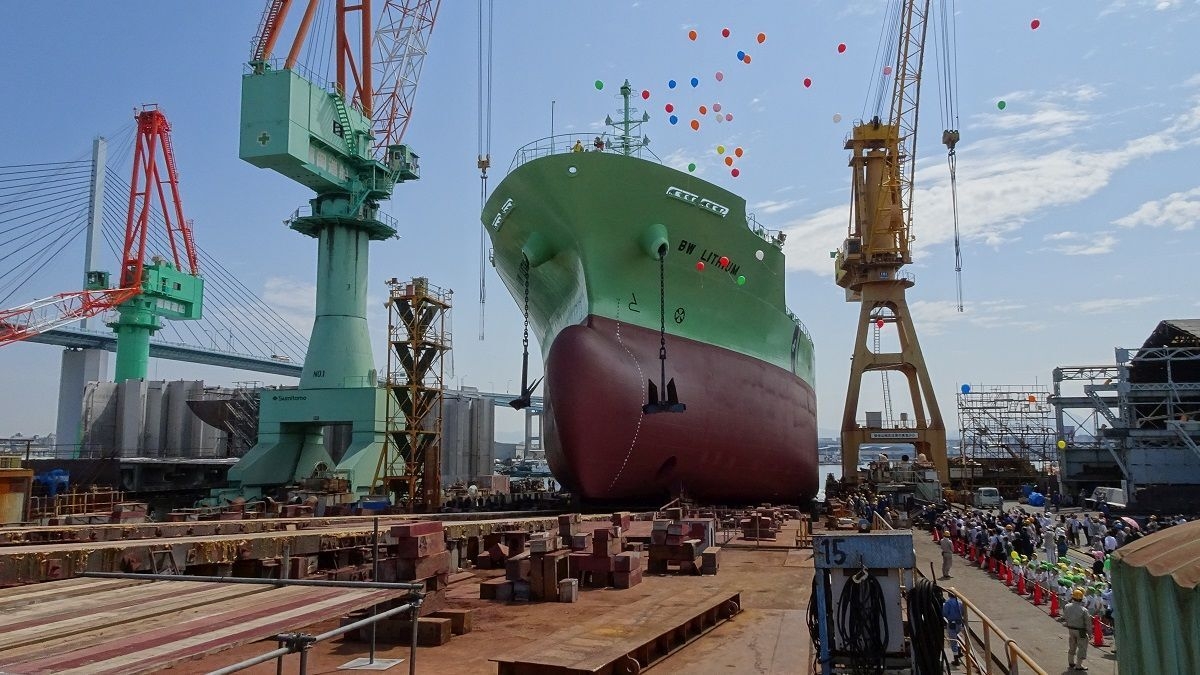Japan’s shipbuilding industry has long been a pillar of its economic strength and technological innovation, positioning the country as one of the world’s foremost shipbuilders. Combining advanced engineering, cutting-edge technology, and a rich history in maritime construction, Japan has maintained its competitiveness in the global shipbuilding market despite facing increasing competition from South Korea and China.
The industry was a major driver of the country’s postwar economic recovery, as Japan focused on building advanced merchant ships, tankers, and cargo vessels. Over the decades, Japanese shipyards earned a reputation for producing high-quality, durable ships with innovative designs.
At the heart of Japan’s shipbuilding success is its technological expertise. Japanese companies such as Mitsubishi Heavy Industries, Kawasaki Heavy Industries, and Japan Marine United have been pioneers in developing energy-efficient ships and environmentally friendly designs. One of the key innovations has been the focus on reducing greenhouse gas emissions through the construction of Liquefied Natural Gas (LNG) carriers and the development of fuel-efficient engines.
In recent years, Japan has shifted its focus towards sustainability in shipbuilding, aiming to lead in the construction of eco-friendly vessels. The Japanese government and private companies have invested heavily in developing next-generation technologies that promote lower carbon emissions and increased fuel efficiency. Japanese shipbuilders have been at the forefront of designing hybrid propulsion systems and vessels powered by LNG, a cleaner alternative to traditional fuels.
A notable example of Japan’s commitment to green technology is its leadership in the development of autonomous ships. The Smart Ship Application Platform (SSAP), an initiative led by several Japanese companies, focuses on creating vessels that use artificial intelligence (AI) for fuel optimization and safer navigation. These innovations align with global efforts to reduce the shipping industry’s carbon footprint and meet stricter environmental regulations.

